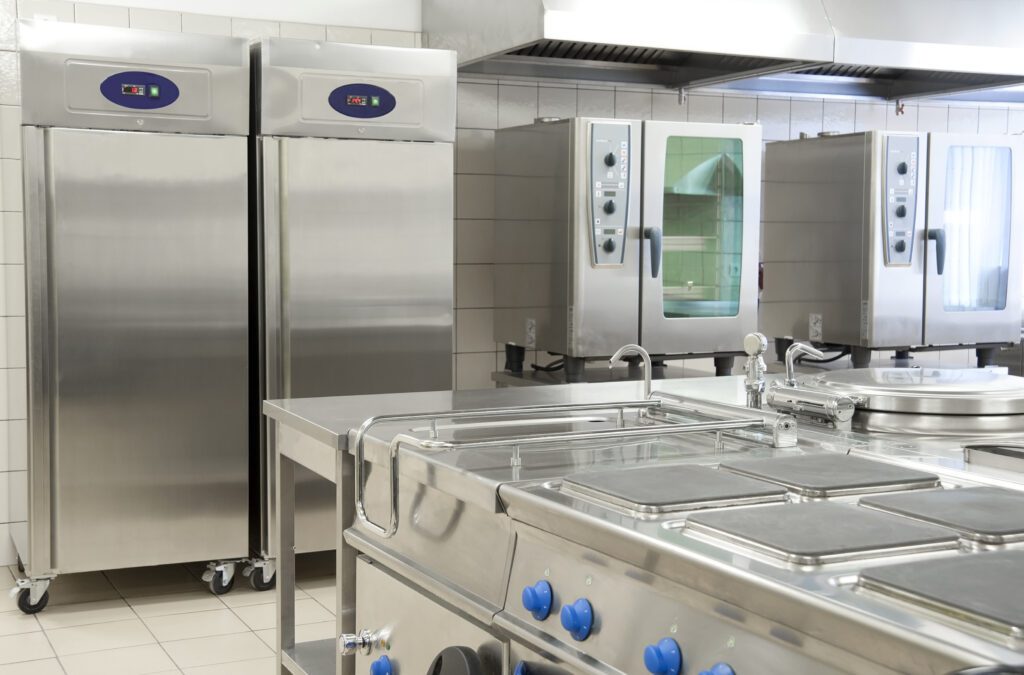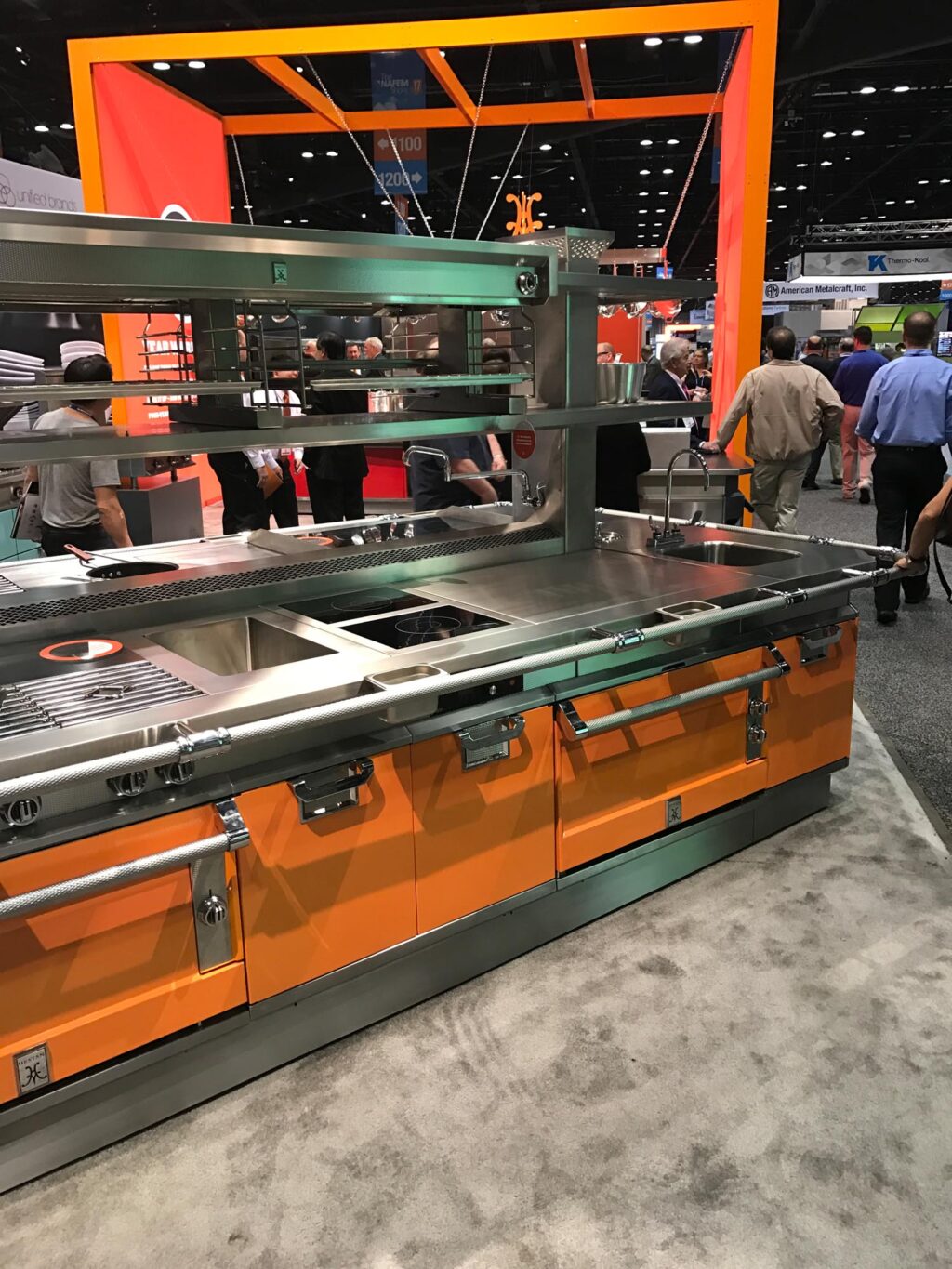In any busy commercial kitchen, a dishwasher is more than just a convenience. It is a critical piece of equipment that ensures sanitary dining experiences, keeps the kitchen workflow moving, and maintains compliance with health codes. Routine commercial dishwasher maintenance not only extends the life of the machine but also safeguards consistent, hygienic cleaning results. By implementing a structured care plan that includes daily, weekly, and periodic upkeep, foodservice operators can prevent costly breakdowns and maximize the efficiency of their equipment. Below, we will walk through essential best practices for keeping your dishwasher in peak condition.
Daily and Weekly Dishwasher Cleaning Tasks
Even the most advanced dishwashers will experience a buildup of food particles, grease, and mineral deposits if left unchecked. That is why daily and weekly cleaning routines are the foundation of good dishwasher care. Operators should train staff to perform basic cleaning duties as part of their shift responsibilities.
Removing and Soaking Filter Assemblies
Filters are the first line of defense against food debris clogging your system. On a daily basis, staff should remove the filter assemblies and rinse them thoroughly under running water to dislodge food particles. At least once or twice a week, filters should be soaked in warm water with a mild detergent or manufacturer-approved cleaning solution. Allowing filters to dry fully before reinserting them helps prevent mold or unpleasant odors. Neglecting filter maintenance is one of the fastest ways to compromise dishwasher efficiency and shorten the lifespan of the pump.
Inspecting and Unclogging Spray Arms
Spray arms distribute pressurized water throughout the unit. Over time, small food particles, grease, or hard water deposits can clog the spray nozzles, reducing cleaning performance. Each week, remove the spray arms and check for blockages. Run water through them or use a toothpick or small brush to gently clear out any obstructions. Reinstall spray arms securely to ensure they rotate freely. This simple routine ensures even water distribution and eliminates the risk of dishes coming out dirty, which can slow down service during peak hours.
Other daily and weekly cleaning best practices include wiping down the dishwasher’s interior walls, ensuring detergent and rinse aid dispensers are filled, and inspecting door seals for grime or buildup. Regular cleaning creates a hygienic baseline and reduces the load on other maintenance tasks.
Preventive Checks to Avoid Unexpected Failures
Beyond routine cleaning, proactive inspections help identify small issues before they evolve into disruptive, costly repairs. Think of preventative maintenance as a regular health checkup for your dishwasher.
Operators should schedule weekly and monthly checks to assess the condition of hoses, gaskets, and electrical components. Cracks in door gaskets, for instance, can lead to leaks and higher utility costs. Loose or frayed wiring may compromise safety and performance. Regularly inspecting the drain line for clogs ensures wastewater flows smoothly and avoids backups that can halt operations. Equally important is confirming that the dishwasher reaches and maintains proper wash and rinse temperatures. Use a waterproof thermometer to verify this, as inadequate water temperatures not only reduce cleaning power but also violate sanitation standards.
Water quality should also be monitored. Hard water contributes to limescale buildup, damaging heating elements and reducing overall efficiency. Installing a water softener or filtration system minimizes these risks and keeps internal components in better condition. Preventive maintenance requires minimal time compared to the cost of replacing major parts or an entire dishwasher due to neglect.
Descaling and Sanitation Protocols
Even with diligent cleaning, scale and biofilm can develop inside a commercial dishwasher. These deposits restrict water flow, reduce heating efficiency, and pose hygiene risks if not treated consistently. Descaling and deep sanitation should be a regular part of your maintenance strategy.
Recommended Descaling Agents and Procedures
The frequency of descaling depends largely on your water quality. In areas with hard water, monthly descaling may be necessary, while kitchens with treated water can often manage quarterly schedules. Always use manufacturer-approved descaling agents to protect internal components. Harsh or untested chemicals may damage seals, heating elements, or stainless-steel surfaces. The general process involves draining the machine, filling it with the descaling solution, running it through a cleaning cycle, and flushing thoroughly with fresh water to remove all residue.
In addition to descaling, operators should schedule deep sanitation cycles using approved disinfectants. This reduces bacterial growth and prevents unpleasant odors. Wiping down exterior handles, controls, and loading racks with food-safe sanitizer also promotes a cleaner working environment. Maintaining this routine is key to delivering spotless dishes that meet the highest standards of cleanliness.
Why Consistent Maintenance Matters
Consistent commercial dishwasher maintenance directly impacts a kitchen’s operational success. Clean filters and spray arms ensure hygienic dishwashing results, preventative checks minimize downtime, and descaling preserves both efficiency and energy savings. Neglecting these tasks leads to reduced performance, higher repair costs, and even health code violations. On the other hand, following best practices creates a safer and more efficient environment for both staff and guests.
Professional servicing also plays a role. Even with in-house maintenance routines, scheduling regular inspections by trained technicians helps identify hidden wear and tear that staff may miss. These professionals can fine-tune machine calibration, replace worn components, and confirm compliance with manufacturer standards, ultimately extending the dishwasher’s life and reliability.
Partner With Mathias FoodService Equipment and Design
At Mathias FoodService Equipment and Design, we understand how vital dependable kitchen equipment is to your success. Since 1982, we have provided our clients with thoughtful design solutions, carefully selected equipment, and ongoing support that keeps operations running smoothly. When it comes to commercial kitchen design and equipment procurement, no two projects are the same. Our team works closely with you to tailor solutions that respect your budget, maximize efficiency, and align with your menu and operational needs. From selecting the right dishwasher to coordinating installation and servicing, we manage the details so you can focus on delivering exceptional dining experiences. Communication is at the heart of what we do, ensuring your project progresses seamlessly from concept to completion.
If you are ready to optimize your commercial kitchen and extend the life of your equipment with expert design and maintenance support, reach out to us today and learn more about how we can help your business thrive. Integrity of person, integrity of product, integrity of pricing, and integrity of service are the values that guide us in every partnership.



